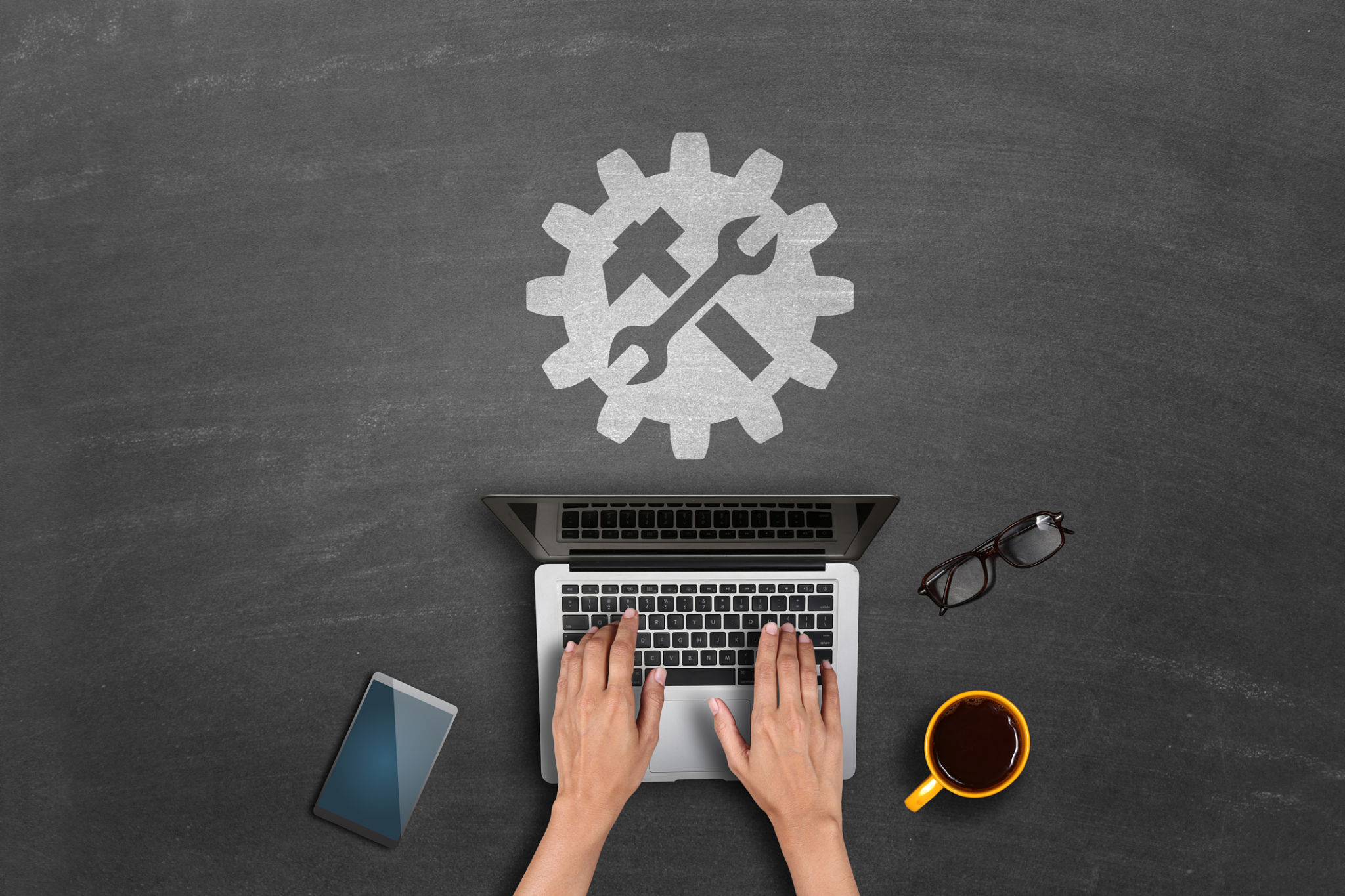Building a Maintenance Team: Skills and Roles
Building an Effective Maintenance Team: Roles, Skills, and Development Strategies
Helen Keller once said, "Alone we can do so little; together we can do so much." Nowhere is this truer than in the world of maintenance, where collaboration is essential to ensure operational efficiency, minimize downtime, and drive long-term asset reliability. A well-functioning maintenance team is the backbone of any industrial or manufacturing operation, and according to a Deloitte (2019) study, effective teamwork can increase maintenance efficiency by up to 25%.

Key Roles in a Maintenance Team
An effective maintenance team comprises various specialists, each bringing unique expertise to ensure seamless operations. The most critical roles include:
Maintenance Manager – Provides leadership, oversees the maintenance strategy, and ensures alignment with business goals.
Reliability Engineer – Focuses on predictive maintenance strategies, data analysis, and asset lifecycle management to minimize failures.
Maintenance Planner/Scheduler – Develops preventive maintenance schedules, ensures resources are available, and coordinates maintenance tasks.
Technicians and Mechanics – Perform hands-on maintenance, repairs, and inspections, ensuring machinery and systems operate optimally.
Electrical and Instrumentation (E&I) Specialists – Handle complex electrical systems, automation, and control mechanisms.
Spare Parts and Inventory Coordinator – Manages parts procurement and inventory to prevent unnecessary delays in maintenance tasks.
Each of these roles plays a crucial part in creating a resilient and efficient maintenance team. Without proper coordination, even the most skilled individuals may struggle to deliver optimal results.
Essential Skills for a High-Performing Maintenance Team
Beyond technical expertise, maintenance professionals require a well-rounded skill set to adapt to evolving industry demands. The most valuable skills include:
Technical Proficiency – Knowledge of mechanical, electrical, and control systems, along with expertise in CMMS (Computerized Maintenance Management Systems).
Problem-Solving and Critical Thinking – The ability to diagnose faults quickly and develop effective solutions under pressure.
Communication and Collaboration – Clear communication ensures coordination between maintenance, operations, and management teams.
Adaptability and Continuous Learning – With technological advancements like AI-driven predictive maintenance, staying updated with industry trends is vital.
Safety Awareness – A deep understanding of workplace safety standards and procedures to prevent accidents and ensure compliance. This is a non-negotiable focus of every maintenance team in all operational environments.
By fostering these skills, organizations can build a maintenance team that is not only technically competent but also resilient, adaptable, and highly efficient.

Strategies for Building a Strong Maintenance Team
Creating a well-integrated maintenance team requires more than just hiring skilled individuals. It involves strategic team-building initiatives, including:
Cross-Training and Skill Development – Encouraging team members to develop competencies outside their core expertise improves flexibility and operational resilience.
Defined Roles and Responsibilities – Clear job descriptions and accountability structures prevent duplication of effort and confusion.
Open Communication Channels – Regular team meetings, knowledge-sharing sessions, and feedback loops enhance collaboration and problem-solving.
Recognition and Motivation – Rewarding achievements and maintaining a positive work environment boost morale and engagement.
Technology Integration – Leveraging predictive maintenance tools, IoT devices, and CMMS platforms optimizes asset management and enhances team efficiency.
Training and Development: Investing in Continuous Improvement
To keep up with industry advancements, maintenance teams must engage in ongoing training and professional development. Effective training strategies include:
On-the-Job Training – Hands-on experience under the guidance of senior technicians ensures practical skill development.
Workshops and Certifications – Industry-recognized training programs in areas like predictive maintenance, safety compliance, and CMMS usage.
E-Learning and Digital Resources – Online courses, webinars, and virtual simulations offer flexible learning opportunities.
Knowledge Sharing and Mentorship – Encouraging experienced professionals to mentor junior team members fosters long-term skill development.

Conclusion
A high-performing maintenance team is the foundation of any successful industrial operation. By defining clear roles, fostering essential skills, and investing in training and development, organizations can build a maintenance workforce that drives efficiency, reduces downtime, and enhances overall operational performance. With teamwork at its core, maintenance teams can achieve far greater success—just as Helen Keller’s words remind us, "Together we can do so much."
Call to Action
At RPC Maint, we specialize in helping companies refine their maintenance strategies through expert coaching and tailored training programs. Whether you need to enhance team collaboration, implement a new CMMS, or develop a predictive maintenance approach, our experienced consultants are here to support your journey. Contact us today to learn how we can help your maintenance team achieve peak performance and drive sustainable success.
#TeamBuilding #MaintenanceTeam #SkillsDevelopment
